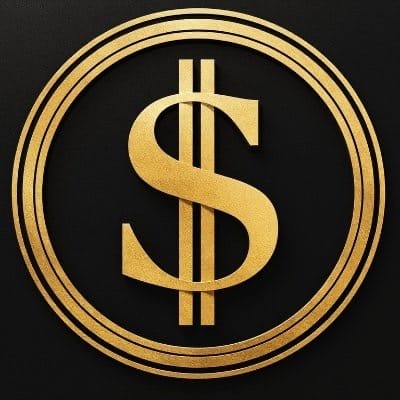No; Bitcoin Reserves won’t solve US Debt

Trump’s newfound embrace of Bitcoin—and his farcical suggestion that it could somehow pay off the $35 trillion national debt—is not a reflection of any genuine economic insight or sudden appreciation for cryptocurrency. It’s simply Trump being Trump: chasing the headlines, pandering to whoever writes the checks, and shifting positions as easily as a weather vane in a storm.
For years, Trump called Bitcoin a “scam”—a stance that, while blunt, resonated with many skeptics of the cryptocurrency market. His disdain seemed consistent with his aversion to anything that threatened centralized authority, particularly his own. But as with so many of his opinions, this one flipped the moment money came into play. Reports of significant donations from crypto influencers suddenly transformed Trump into a cheerleader for Bitcoin. The irony is almost too rich: a man who once dismissed cryptocurrency as fraudulent now peddles the idea that Bitcoin could “wipe out” the national debt, as though economic crises can be solved with Monopoly money.
His newfound crypto enthusiasm isn’t just absurd; it’s profoundly cynical. Trump’s lack of understanding of Bitcoin and the broader economic landscape is laid bare in his word salad about China, crypto “smart people,” and “a little crypto check.” The man who famously claimed to “know the best words” clearly lacks the right ones to explain Bitcoin—or even basic economics. His statement is so devoid of substance that it borders on parody. But his audience isn’t meant to understand it. They’re just meant to cheer.
This isn’t about solving the debt crisis. It’s about signaling to a specific group—Bitcoiners and crypto lobbyists—that he’s on their side. Never mind that the idea of paying off the national debt with Bitcoin is laughably unworkable. (Where, exactly, is the government supposed to “get” enough Bitcoin to pay off trillions of dollars? And how would this even function in a global financial system that still runs on fiat currency?) Trump isn’t interested in logistics. He’s interested in money and loyalty—and in this case, it’s the loyalty of deep-pocketed crypto donors.
The Bitcoin grift is just the latest in a long line of policy reversals purchased by well-timed donations. He was against TikTok, too, calling it a national security threat and pushing for bans—until an investor with ties to TikTok backed him financially. Then suddenly, TikTok was “fine.” The same story applies to electric vehicles. Trump railed against EVs for years, calling them impractical and dangerous, but after Elon Musk made nice, Trump softened his tone. If the wind energy lobby wanted to pony up, Trump would likely stop making up stories about windmills causing cancer, too. His positions are as fungible as Bitcoin claims to be.
This predictability—the shameless quid pro quo—is part of Trump’s appeal to his base, who see it not as corruption but as proof of his deal-making prowess. Yet it’s dangerous because it reduces policy to a series of transactions, stripping it of coherence, accountability, or long-term strategy. The irony is that Trump’s transactional nature aligns him more closely with the very grift he used to deride. Whether it’s Bitcoin, TikTok, or Tesla, his policy positions are less about principles and more about payoffs.
The crypto community, for its part, should be wary of embracing Trump. His history with grift and failure (remember Trump University? The Trump Foundation? Atlantic City?) should serve as a cautionary tale. Trump may talk up Bitcoin today, but his loyalty lasts only as long as the checks clear. The moment the political winds shift or another donor outbids the Bitcoiners, he’ll be back to calling crypto a scam.
In the end, Trump’s sudden Bitcoin love affair isn’t about innovation, economic insight, or even genuine belief. It’s about money—his guiding star. And as always with Trump, the message is clear: if you pay him enough, he’ll say whatever you want.

Member discussion